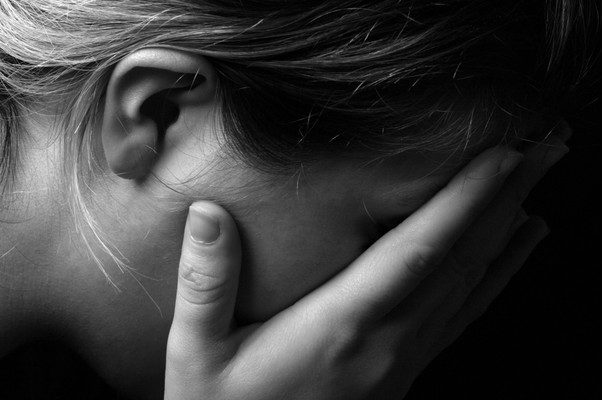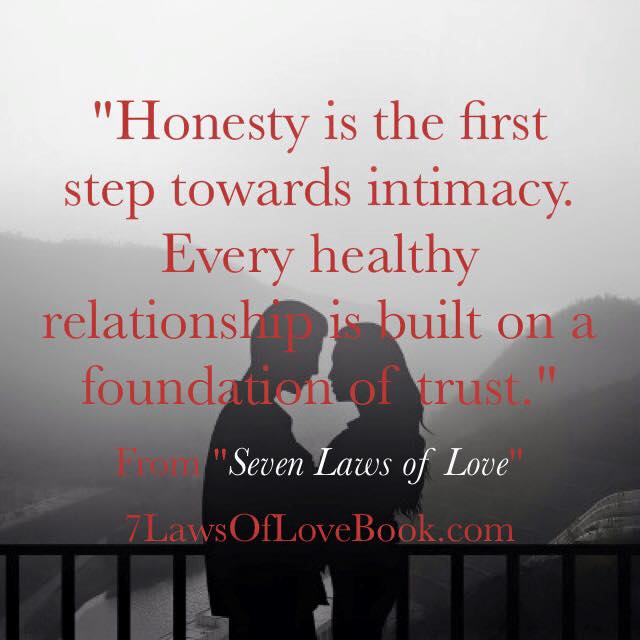
I was recently donating blood at our local blood bank, and as I laid in that chair with a needle in my arm slowly siphoning a pint of blood from my body, there wasn’t much to do except watch the TV screen broadcasting a daytime talk show. The host was interviewing a couple in crisis. The man in this relationship was abusive, financially irresponsible and reckless in other areas of life, and the woman seemed to be enabling his behavior by making excuses instead of creating healthy boundaries. They had both made a lot of promises to each other, but nothing ever seemed to change.
This couple seemed unsure how their situation had become so desperate, and now, it was as if they expected the TV host to wave a magic wand and instantly solve their problems. Relationships are always more complex than something that can be solved during a 30-minute show, but that show did remind me that many patterns of relationship dysfunction are preventable and/or curable if we’re willing to stop making excuses.
If any of these “warning signs” exist in a relationship, please take immediate action to address the issue. If these are happening in a friendship, you might need to distance yourself from that friend. If these are happening in a dating relationship, I believe these are grounds breaking up or seriously re-evaluating your future together. If these are happening in a marriage, I encourage you to seek professional counseling or start with one of the retreats offered at SaveMyMarriage.com. Please don’t lose hope. Help is available.
A relationship is dysfunctional when…
(In no particular order)
1.One person does all (or almost all) the giving and the other does all the taking.
A healthy relationship is a rhythm of giving and taking between both people. You have to take turns being strong for each other. If you are always the one giving in a relationship, then you don’t have a relationship…you have a boss! I’m NOT suggesting that we need to keep score of all the times you’ve given and received, because healthy relationships don’t have scorecards, BUT if there’s an obvious trend towards one person doing all the giving and the other doing nothing, you have a dysfunctional relationship.
2. Your loved ones have serious concerns.
If the people who love you the most have serious concerns about your health, happiness and wellbeing as a result of this relationship, then there is a very good chance that you’re in a dysfunctional relationship. This one is tricky, because (especially with a marriage) we need to have a strong sense of loyalty to our spouse even when parents or others don’t like him/her, but if there are consistent, specific concerns voiced from multiple people whom you love and trust, please take an honest assessment of their words and of the health of your relationship.
3. You feel you can’t be yourself around this person.
If you ever feel the need to be something or someone other than yourself in a relationship, then the relationship is dysfunctional. This other person doesn’t love or know the real you; only a character you play. A healthy relationship should bring out the best in you, but never attempt to change your identity in the process. If you find yourself constantly thinking through how you’re going to talk, act or respond around this other person or you have to walk on eggshells to keep the peace, the relationship is broken.
4. There is a pattern of broken trust.
If you and this person aren’t always completely honest and transparent with each other, the relationship is in crisis. Trust is the foundation of any healthy relationship, and without it, you’re only going through the motions. For more on this, check out my post on The 5 stages of TRUST in every relationship.
5. You’re always exhausted and rarely ever “recharged” by being with this person.
When I was donating blood, I had to stop at a pint even though the need for blood is much greater. I could have given all my blood, but it would have killed me in the process! You can only give so much. If this relationship is always taking from you and never replenishing you, then the relationship is not healthy or sustainable in its current state.
6. You live with fear of this person or fear of what this person might do.
If you’re afraid of this person, your relationship is dysfunctional. You may need to take immediate action to protect yourself and/or your children. If you’re afraid of what this person might do to himself/herself, you may need to take immediate action to get him/her they help they need. ANY form of threats are WAY out of bounds. Don’t live in a prison of fear. That’s NOT real love.
7. You’ve been reading this list and thinking of examples of each of these in your relationship but you’re still trying to justify them instead of dealing with them.
I know it can be difficult to take the steps to deal with relational dysfunction, but the temporary discomfort of dealing with these issues is so much better than the permanent dysfunction of staying in a state of dysfunction. Please take action and please share this post online so we can help others who feel trapped in unhealthy relationships.
For more tools to help you build stronger, healthier relationships, please check out my new book The Seven Laws of Love: Essential Principles for Building Stronger Relationships.











